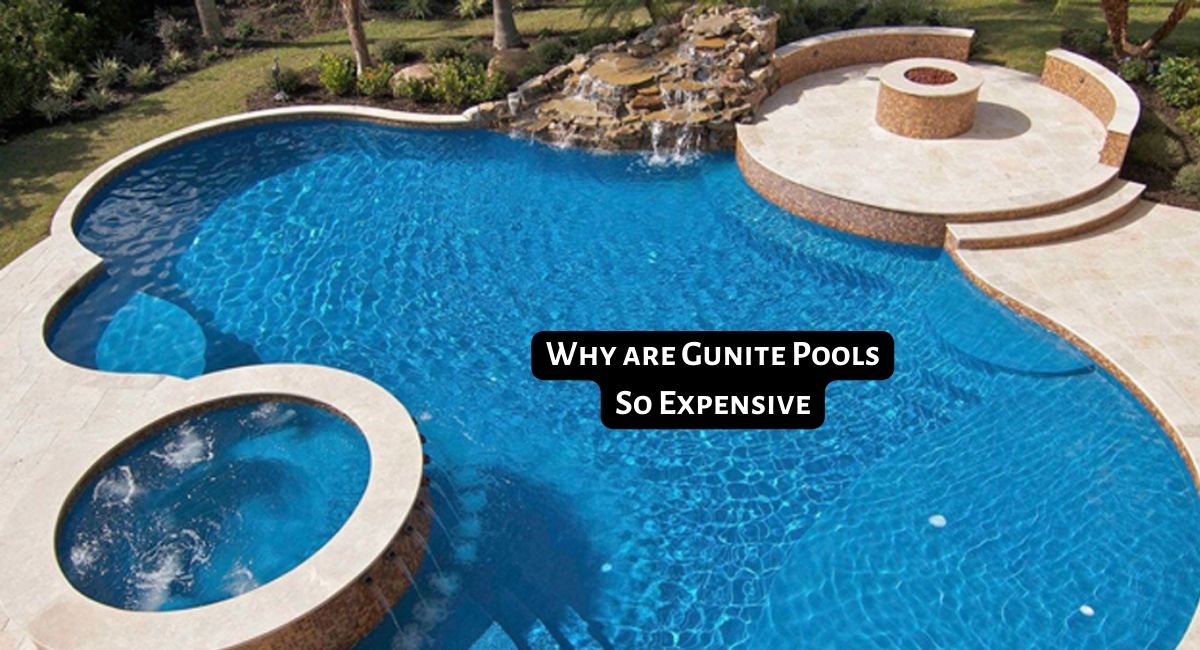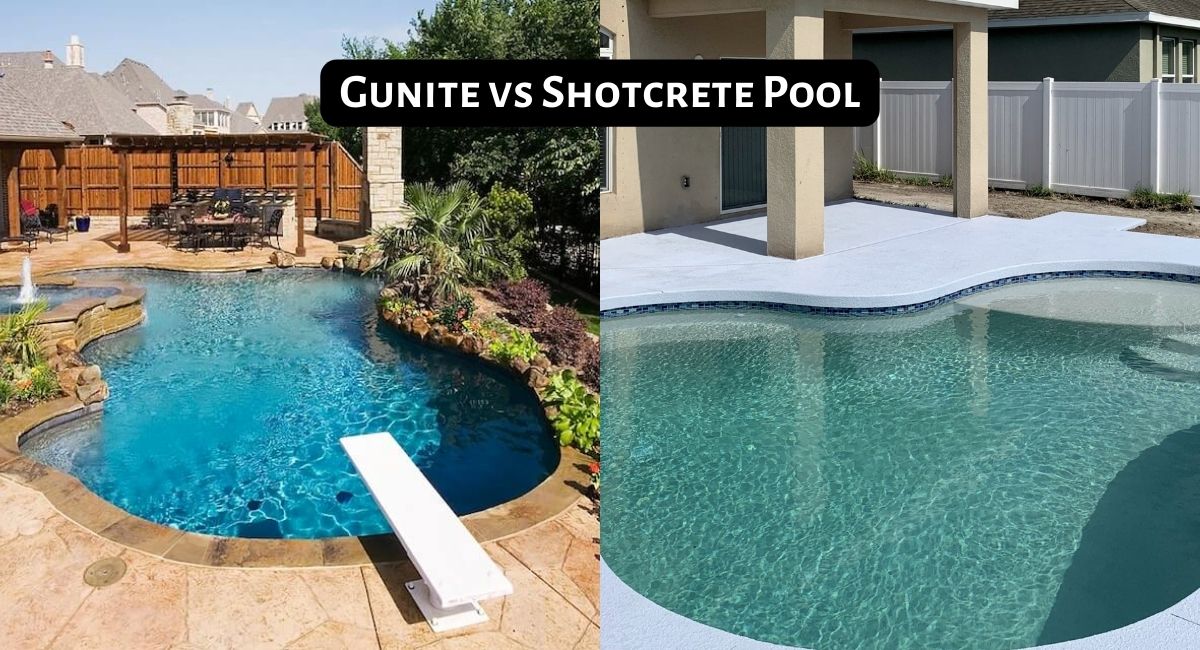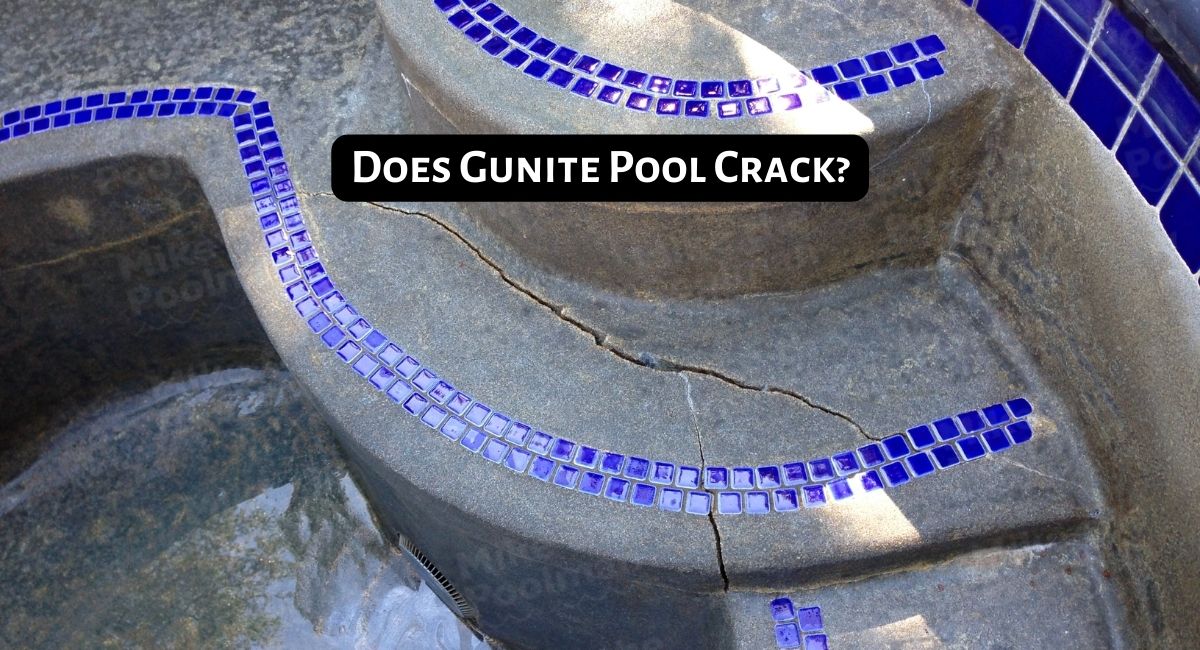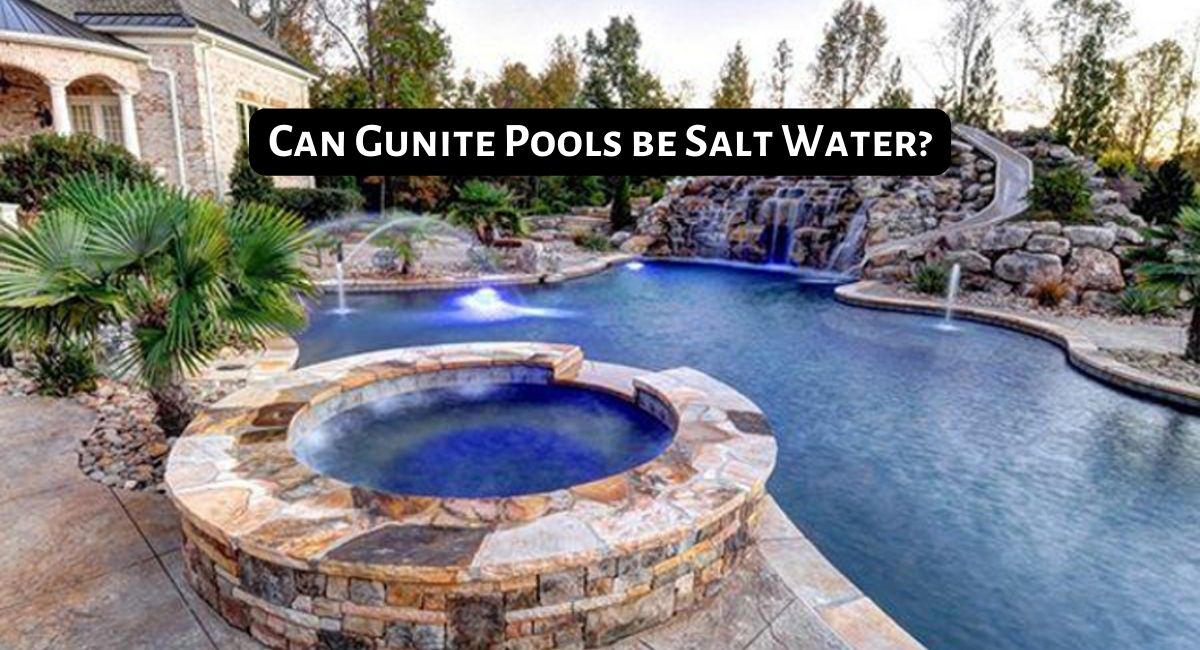As a pool owner, I've discovered the importance of maintaining perfect water chemistry in my gunite pool. It's all about finding the right balance between art and science.
In this article, I'll share my methods for testing and maintaining optimal pH levels, as well as controlling alkalinity and calcium hardness. With precision and attention to detail, you can ensure a clear and healthy swimming experience.
Let's explore how to achieve ideal water chemistry for your pool.
Key Takeaways
- Proper water chemistry is essential for the longevity, clarity, and safety of a gunite pool.
- Regular monitoring and adjustment of pH, alkalinity, and sanitizer levels are necessary for effective water quality management.
- Balancing pool chemicals, including adjusting pH, adding sanitizers, and managing alkalinity and calcium hardness levels, is crucial for maintaining optimal water chemistry.
- Regular maintenance, including cleaning the pool's filter, removing debris, testing water regularly, and addressing equipment issues promptly, is important for preventing larger issues in the future.
Importance of Water Chemistry
Maintaining proper water chemistry is crucial for the longevity, clarity, and safety of your gunite pool. Effective water quality management is essential to ensure that your pool remains clean, clear, and free from harmful bacteria or algae. By implementing appropriate chemical treatment techniques, you can achieve and maintain the perfect water chemistry for your pool.
Water quality management involves measuring and adjusting the various chemical levels in your pool, such as pH, alkalinity, and sanitizer levels. These parameters need to be regularly monitored and adjusted to ensure that the water remains balanced and safe for swimming.
Chemical treatment techniques, such as chlorination and shock treatments, play a vital role in maintaining the desired water chemistry. Chlorine is commonly used as a sanitizer to kill bacteria and algae, while shock treatments help eliminate contaminants and restore water clarity.
Testing and Balancing Pool Chemicals
Testing and balancing pool chemicals is essential for maintaining the perfect water chemistry in my gunite pool. Ensuring pool chemical safety is of utmost importance to me, as improper handling or storage can lead to accidents or health risks.
It's crucial to follow proper water testing methods to accurately determine the chemical levels in my pool. Regular testing allows me to monitor the pH, chlorine, alkalinity, and calcium hardness levels. By doing so, I can identify any imbalances and take necessary steps to correct them. I can use test kits or digital testers to obtain precise readings.
Balancing the pool chemicals involves adjusting the pH, adding chlorine or other sanitizers, and managing alkalinity and calcium hardness levels. By maintaining proper pool chemical balance, I can ensure a safe and enjoyable swimming experience for myself and my loved ones.
Maintaining Optimal Ph Levels
To achieve perfect water chemistry in my gunite pool, it's crucial to maintain the optimal pH levels. pH level fluctuations can have a significant impact on the overall quality of the pool water.
Here are a few key points to consider when it comes to maintaining the pH levels:
- Regular testing: It's vital to regularly test the pH levels of the pool water to ensure they're within the recommended range.
- pH adjustment: If the pH levels are too high or too low, adjustments should be made using appropriate chemicals to bring them back to the optimal range.
- Impact of weather: Weather conditions such as rain, heat, and humidity can affect the pH levels of the pool water. Monitoring and adjusting accordingly is necessary.
- Water balance: Maintaining proper water balance, including alkalinity and calcium hardness levels, can help stabilize the pH levels.
Controlling Alkalinity and Calcium Hardness
I frequently monitor and adjust the alkalinity and calcium hardness levels in my gunite pool to maintain optimal water chemistry. Proper control of these factors is essential for the health and longevity of the pool, as well as the comfort of swimmers.
Controlling Alkalinity and Calcium Hardness
When it comes to alkalinity levels, I aim for a range of 80-120 parts per million (ppm). This ensures the water is balanced and resistant to pH fluctuations. High alkalinity can lead to cloudy water and scaling issues, while low alkalinity can cause corrosion and pH instability.
Calcium hardness refers to the amount of dissolved calcium in the water. It should be maintained between 200-400 ppm. Low calcium hardness can lead to corrosion of pool surfaces and equipment, while high levels can result in calcium scaling and cloudy water.
To help you understand the impact of alkalinity and calcium hardness on water chemistry, refer to the table below:
| Factors | Acceptable Range |
|---|---|
| Alkalinity Levels | 80-120 ppm |
| Calcium Hardness | 200-400 ppm |
Regular Maintenance and Troubleshooting Tips
One essential step in maintaining perfect water chemistry in my gunite pool is performing regular maintenance and troubleshooting. By following these tips, I can ensure that my pool stays clean and free from any issues that may arise.
- Regularly clean the pool's filter to remove debris and prevent clogging. This will ensure optimal filtration and water circulation.
- Use appropriate cleaning equipment, such as pool brushes and skimmers, to remove any leaves, dirt, or other pollutants from the water's surface and walls.
- Test the water regularly to monitor chemical levels and adjust as necessary. This will help prevent algae growth and maintain balanced water chemistry.
- Keep an eye on the pool's equipment, such as pumps and heaters, and address any malfunctions or leaks promptly. Regular maintenance and troubleshooting will prevent larger issues down the line.
Frequently Asked Questions
What Is the Ideal Temperature for a Gunite Pool?
The ideal temperature for a gunite pool can vary depending on personal preference and climate. However, maintaining proper water chemistry is crucial to ensure a comfortable and safe swimming environment.
How Often Should I Clean the Filter in My Gunite Pool?
I clean my gunite pool filter every two weeks to maintain optimal water quality. Regular cleaning is crucial for efficient filtration and prevents buildup of debris. Here are some maintenance tips for achieving perfect water chemistry.
Can I Use Regular Tap Water to Fill My Gunite Pool?
Yes, you can use regular tap water to fill your gunite pool. However, it is important to treat the water properly to achieve perfect water chemistry.
How Long Does It Take for Pool Chemicals to Dissolve in the Water?
It takes varying amounts of time for pool chemicals to dissolve in the water, depending on factors like water temperature and agitation. Regular pool chemical dosing is essential for proper water chemistry maintenance.
What Is the Recommended Pool Cover for a Gunite Pool?
I recommend using a durable and high-quality pool cover for your gunite pool during the winterizing process. It helps protect the pool from debris, reduces evaporation, and keeps the water chemistry balanced.



